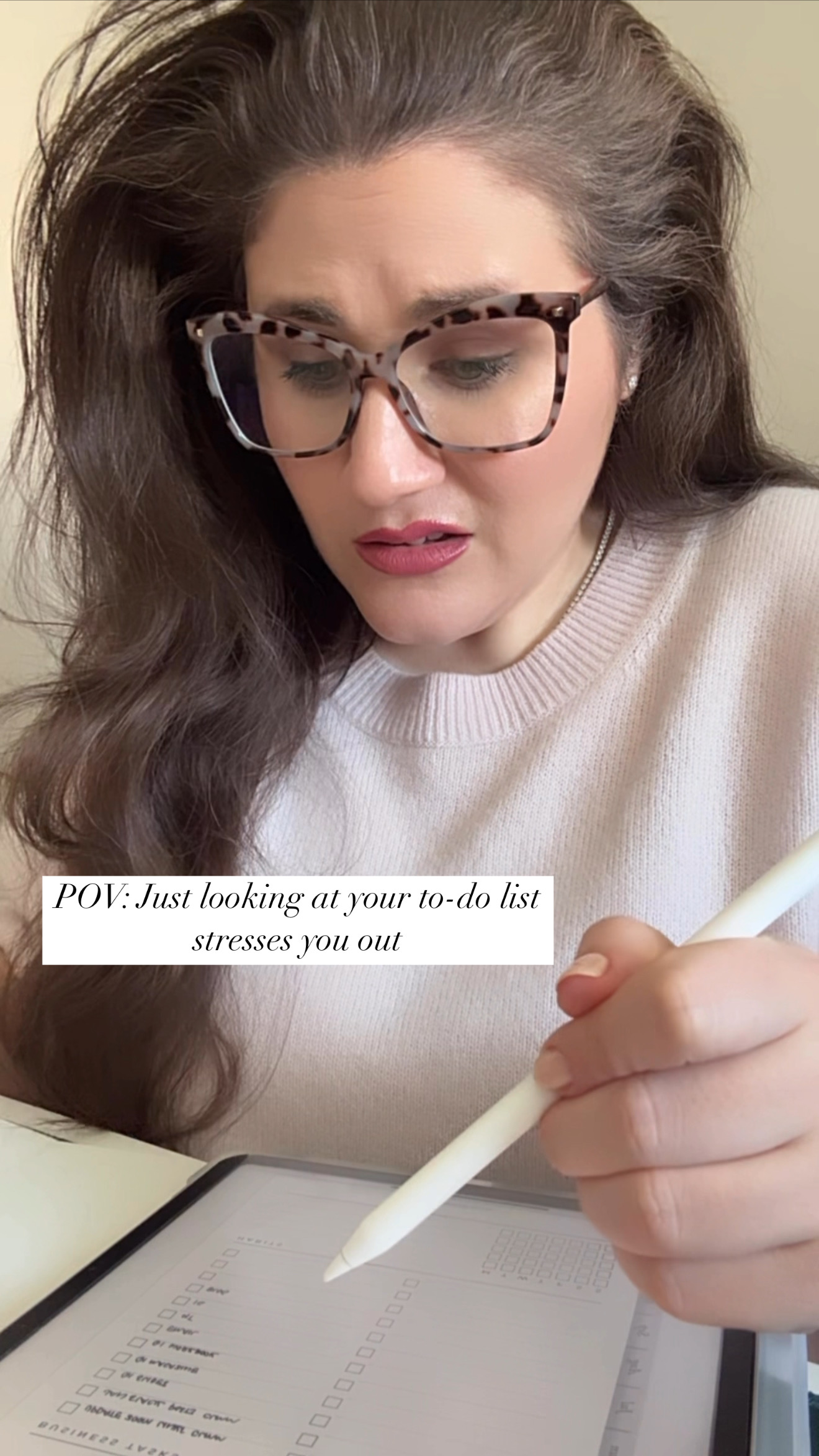
It’s easy to feel guilty when your to-do list is longer than a novel, and you haven’t checked off every item. But here’s the truth: guilt is often more paralyzing than it is motivating. If you’re ready to ditch the shame of “not doing enough,” here are seven ways to overcome productivity guilt and start making real progress—without sacrificing your peace of mind.
- Recognize What “Enough” Means for You
- Why it Helps: Productivity guilt often comes from comparing your accomplishments to an unrealistic standard—usually someone else’s or society’s.
- Action Step: Define your personal “enough.” This might mean completing three major tasks a day, or dedicating a certain amount of focused time on projects. When you hit your personal benchmark, let yourself feel accomplished.
- Focus on Priority Tasks, Not Every Task
- Why it Helps: The temptation to tackle every single item on your to-do list leaves you overwhelmed. Instead, target the tasks that are most aligned with your goals or values.
- Action Step: Use methods like the Eisenhower Matrix or the 1-3-5 rule (1 big task, 3 medium tasks, 5 small tasks) to prioritize what truly matters and let the rest go guilt-free.
- Stop Counting the Wrong Metrics
- Why it Helps: Productivity is about outcomes, not activity. Doing more tasks doesn’t always mean you’re moving forward.
- Action Step: Track progress on important milestones or goals, rather than the number of tasks completed. This shift helps you see quality over quantity.
- Acknowledge the Work You Already Do
- Why it Helps: When you dwell on what’s left undone, you ignore what you’ve achieved. This perpetuates the cycle of guilt and drains motivation.
- Action Step: Try a nightly “win list” where you quickly jot down what you accomplished or overcame that day. Seeing real evidence of what you have done combats negative self-talk.
- Set Realistic Boundaries Around Your Time
- Why it Helps: Overcommitting yourself creates a constant sense of failure. By underestimating the time tasks take, you set yourself up for stress.
- Action Step: Be honest about how long projects realistically require, and leave buffer time between tasks to accommodate life’s unpredictability. This buffer reduces guilt when things don’t go exactly as planned.
- Give Yourself Permission to Delegate or Delay
- Why it Helps: You may feel guilty if you can’t do everything on your own, but no one achieves productivity alone. Delegation and delay can free up your schedule to do what only you can do best.
- Action Step: If a task isn’t essential to your unique skills or immediate goals, see if a family member, coworker, or automated system can handle it. Eliminating or delaying non-urgent tasks prevents overload.
- Reframe “Failures” as Growth
- Why it Helps: When you inevitably miss a deadline or skip a workout, guilt can snowball into harsh self-criticism. But failure is simply feedback—it shows you what to adjust next time.
- Action Step: The next time you stumble, ask yourself what lesson you can take from the experience. Maybe you planned too many tasks for the day or underestimated a project. Adjust for tomorrow, and move on with compassion.
Final Thoughts
Productivity guilt can become a relentless cycle—one that leaves you feeling you’re always behind or not enough. By prioritizing tasks that genuinely matter, tracking real progress, and embracing self-compassion, you’ll find yourself free to enjoy the wins (big and small) that come your way. Remember: your worth isn’t defined by the number of checked-off boxes but by the meaningful strides you take toward your goals—and the grace you show yourself along the way.
Try these steps out and watch your productivity guilt melt away. Because once you learn to let go of what doesn’t serve you, you open the door for what truly matters to flow in.
Ready to Take Your Productivity to the Next Level?
If you found these habits helpful and want to dive even deeper into creating a life that feels truly balanced, I invite you to join my upcoming How to Plan for a Balanced and Successful Life in 2025 workshop. In this live session, I’ll walk you through practical strategies for setting meaningful goals, aligning your daily habits with your bigger vision, and simplifying your planning routine to reduce overwhelm.
xoxo,

